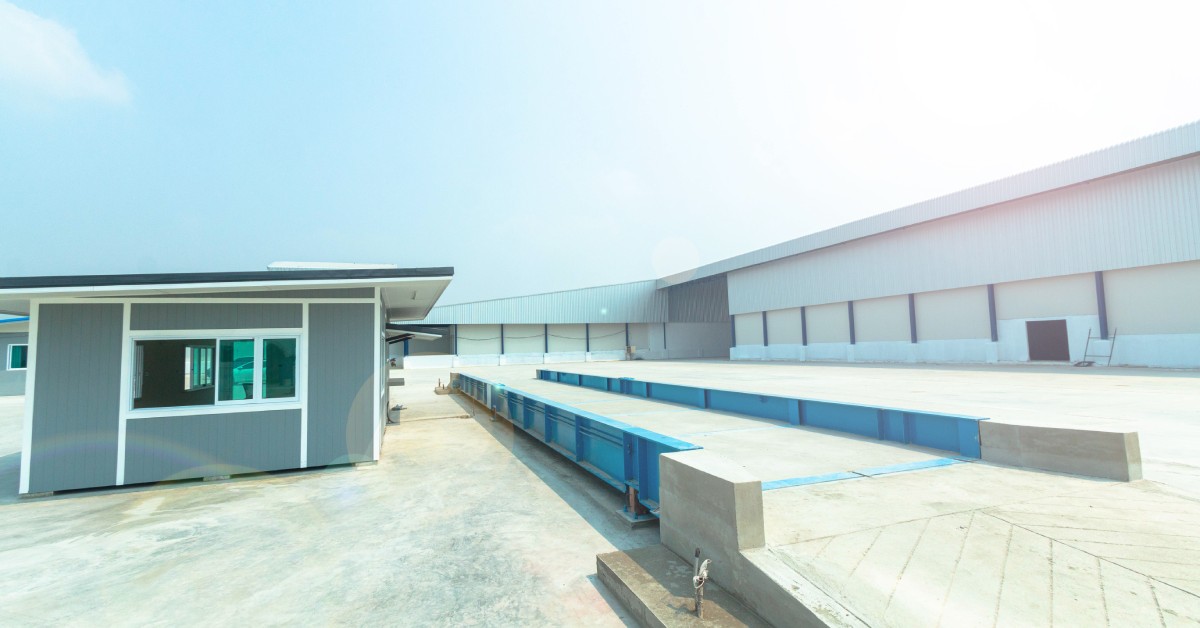Axle scales are integral to the logistics and transportation industry, providing essential data that helps ensure the safety and efficiency of hauling operations. These specialized weighing devices help truck drivers and fleet managers handle loads properly while adhering to legal weight limits.
By accurately measuring the weight of each axle, these scales prevent axle overloading, which can lead to wear and tear, compromised safety, and hefty fines for non-compliance with transportation regulations. These tips for preventing damage to axle scales will minimize problems that could significantly affect the scales’ accuracy and performance.
Perform Regular Calibrations
Routine calibration is fundamental to maintaining the accuracy of axle scales. Calibration involves adjusting the scales’ readings to ensure they align with certified measurement standards. Implementing a regular calibration schedule—ideally, every three to six months or after significant use—helps you detect any discrepancies early. You should employ a professional service for this task, as they possess the expertise and equipment necessary to ensure scale precision.
Observe Weight Limits
Overloading can cause substantial damage to the scales’ internal components and structure. Always ensure that the loads do not exceed the recommended limits. Operators should routinely confirm the weight of their cargo before driving onto the scales. Installing indicators or warning systems that alert users when they are nearing weight limits can prevent overload incidents.
Maintain a Clean Environment
A clean operational environment greatly contributes to the longevity and accuracy of quality truck axle scales. Accumulated debris, dirt, and moisture can affect the scales’ functionality. Regularly cleaning the scales and their surroundings minimizes the risk of damage to sensitive components. Use appropriate cleaning agents and tools that won’t scratch the scales’ surface. Ensure that the area is free from potential hazards, such as sharp objects or excessive moisture, which can lead to rust or wear.
Provide Adequate Training
Ensure that all users are familiar with the correct procedures for weighing loads and understand the importance of conducting pre-operation checks. Training should also include awareness of the limits of the equipment and how to handle situations that could lead to potential damage, such as incorrect loading practices. Regularly updating training programs will help you reinforce the importance of careful load handling and scale maintenance.
Inspect Components Regularly
Regular inspections are essential for identifying wear and tear on axle scales. Scheduled physical examinations allow operators to assess the condition of load cells, junction boxes, and other critical components. Pay close attention to any signs of damage, corrosion, or misalignment, as these can severely impact the accuracy and safety of the scales. Address any issues promptly, either through repair or replacement, to ensure continued safe operation.
Taking proactive steps to prevent damage to axle scales is essential for their optimal performance and durability. These practices will not only enhance the reliability of axle scales but also contribute to the safety and efficiency of your trucking operations. Following these tips ensures that your axle scales serve you well for years to come.
Call Prime USA Scales today to learn more about how to keep your scales functional and ready, and explore our selection of scales that can help your business thrive with precision and quality.
